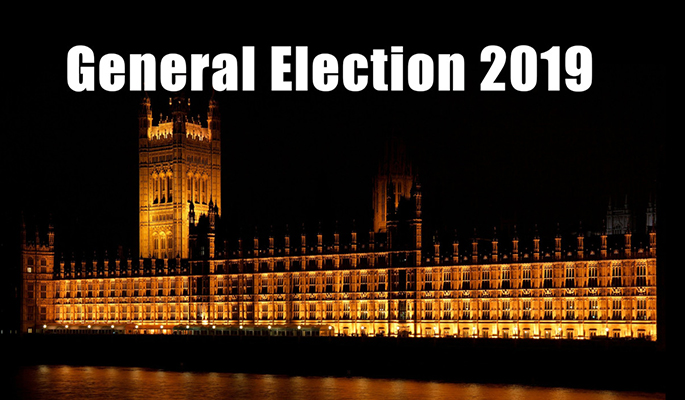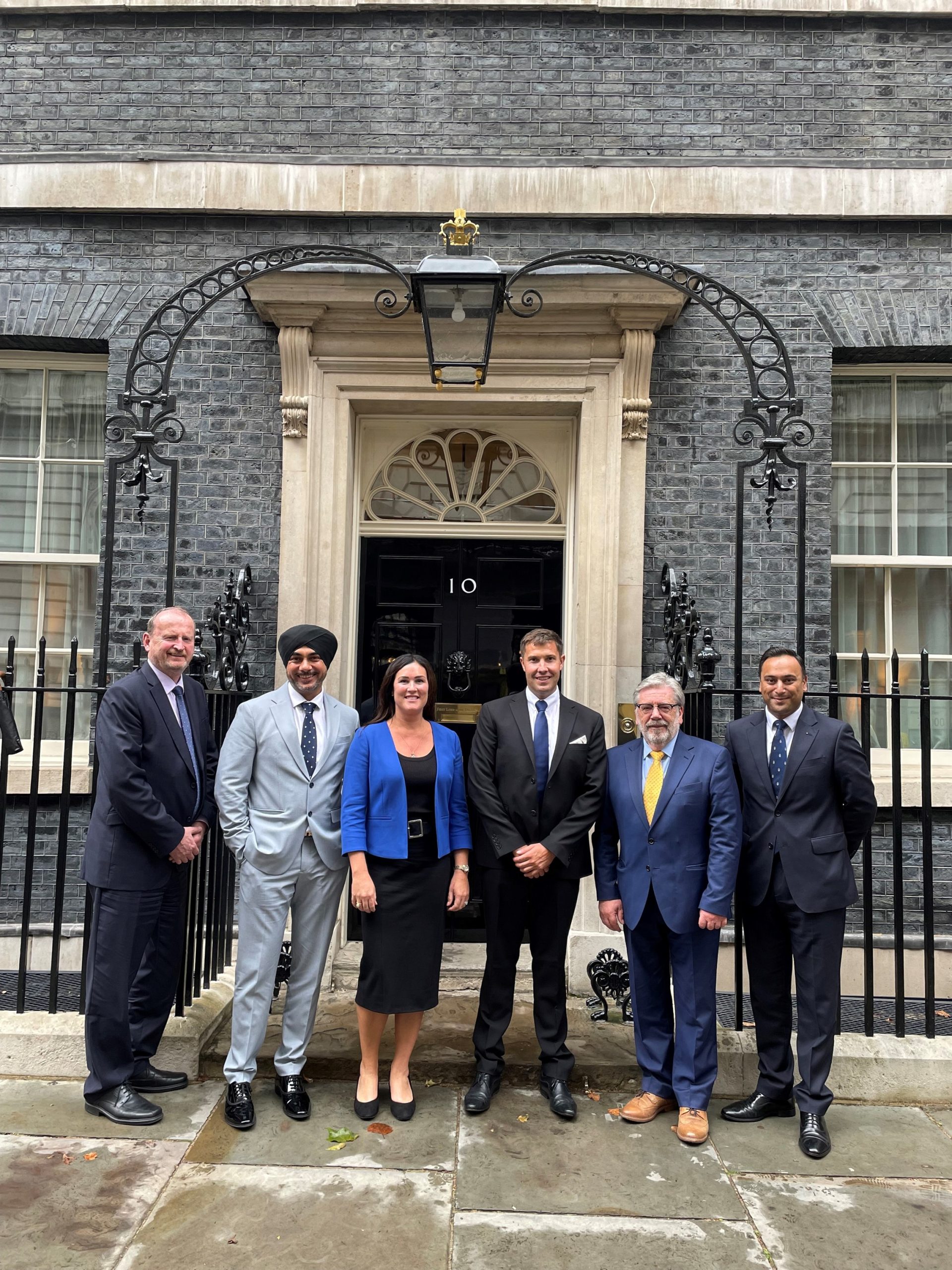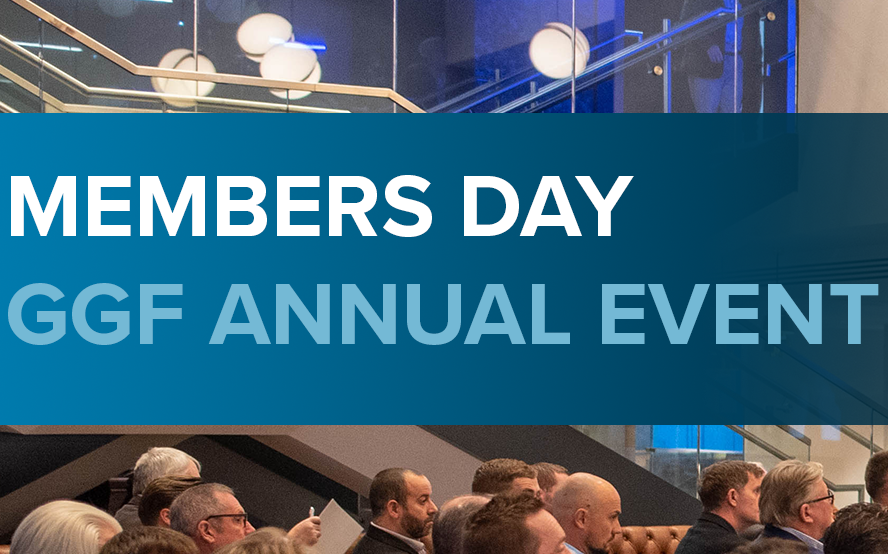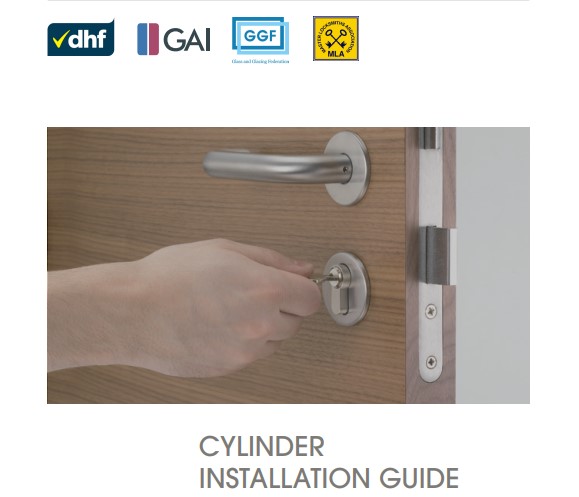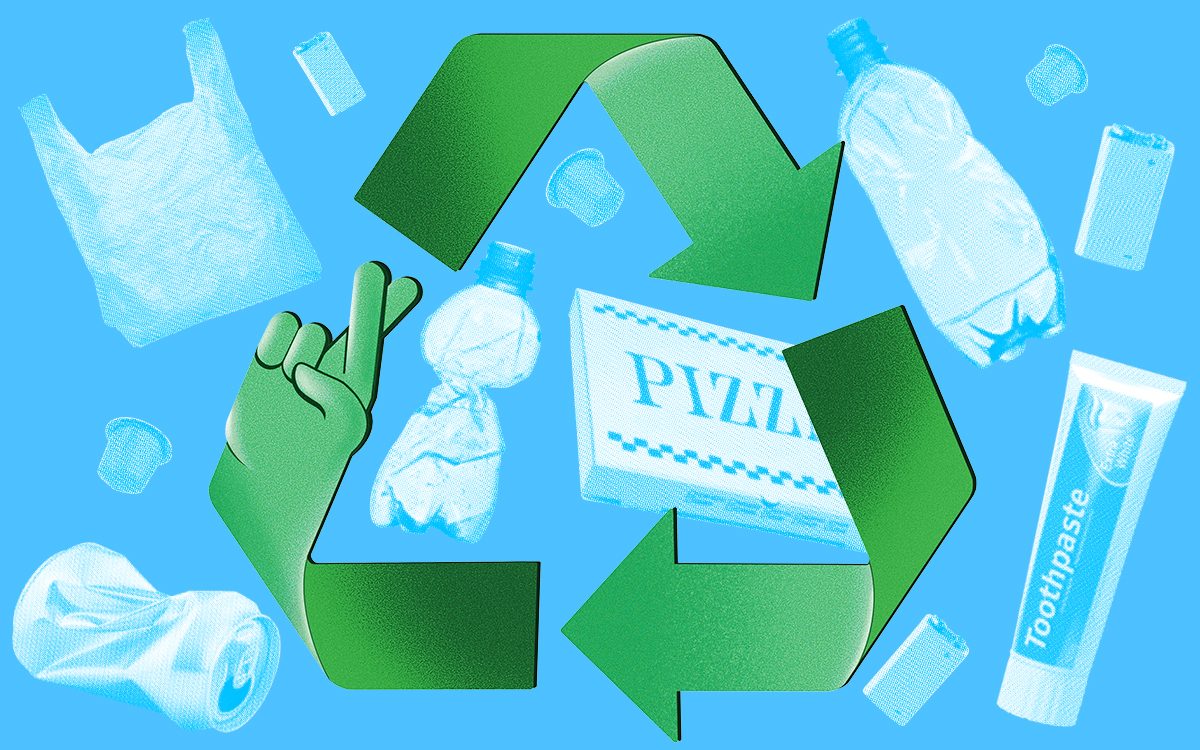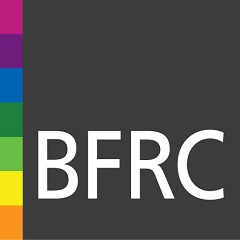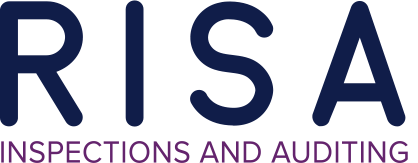General Election puts PM’s Brexit deal on hold
The GGF’s political advisors GK Strategy provide their expert opinion on the latest developments on Brexit
Despite Prime Minister Boris Johnson’s best efforts, the UK will remain a member of the European Union beyond the 31st October deadline. This was confirmed on 28 October when Donald Tusk, President of the European Council delivered the news that European leaders had agreed to grant the UK a “flextension” until 31st January 2020. Under the terms of this new extension, the UK will be able to leave earlier than the new deadline if the government is able to pass the necessary legislation.
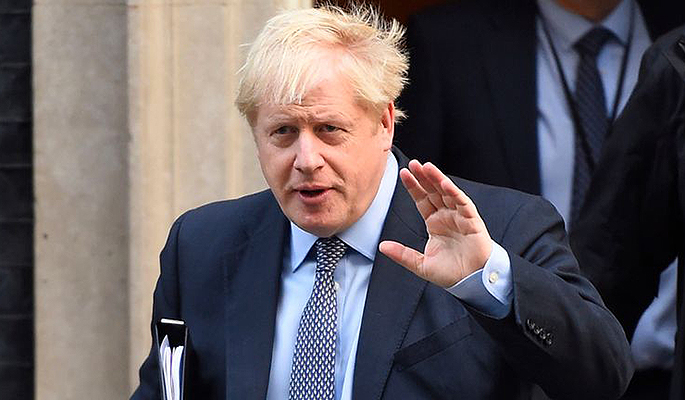
The risk of a “no-deal” departure from the EU has been removed in the short-term, and MPs have unanimously voted to for a General Election on 12 December 2019. The Election Bill now must be approved by the House of Lords and is expected to have no opposition or obstruction. Once the Election Bill is approved by the House of Lords, Parliament will be dissolved on 6 November and parties will begin their election campaigns.
The timing of an election was crucial for some opposition parties who were insistent that the election must be held before this stage of the Brexit process – the Withdrawal Agreement – becomes law.
The aim of some of the opposition parties (Liberal Democrats and Scottish Nationalist Party) is to increase the number of MPs in Parliament to win support for another Brexit referendum. On the other hand, and despite excellent polling figures, Prime Minister Johnson was eager to reach an agreement on Brexit before the country went to the polls. The Prime Minister has been successful in uniting Leave voters during his time in office, however it remains to be seen whether the coalition will remain intact in the run-up and beyond the General Election, with the extension likely to give Nigel Farage’s Brexit Party a new platform on which to campaign.
The Government has now put the Withdrawal Agreement on hold until after the General Election.
Depending on the outcome of the General Election, there are five identifiable pathways for the UK and Brexit.
- Brexit on the existing deal going ahead on 31st January 2020 (or before if the Withdrawal Agreement (Bill) is passed by MPs
- Renegotiation of the withdrawal agreement with the EU if the existing Withdrawal Agreement is rejected by MPs
- Leaving the EU without a deal after 31st January 2020
- A second referendum on leaving or remaining in the EU
- A cancellation of the UK’s withdrawal from the EU
All of the above are considerations and dependent on the outcome of the General Election.
Although the Prime Minister’s current deal removes the possibility of “no-deal” in the short-term, at this stage the UK would still be scheduled to leave the EU on 31st January 2020 (if the deal is not ratified by Parliament). Even if the deal is approved, there are fears that the UK could still yet leave without a permanent agreement on the future relationship at the end of the transition period – scheduled currently for the end of 2020. The arrangements for Northern Ireland at the end of the transition period are a further sticking point, with the province set to remain inside the EU Customs Union while the rest of the UK departs.
Everything is set up for another turbulent couple of months in Parliament and GK will continue to work with the GGF to ensure companies in the glass and glazing industry, keep abreast of all developments and their implications.

 Emergency Glaziers
Emergency Glaziers GGF Shop
GGF Shop MyGlazing.com
MyGlazing.com Find a GGF Member
Find a GGF Member